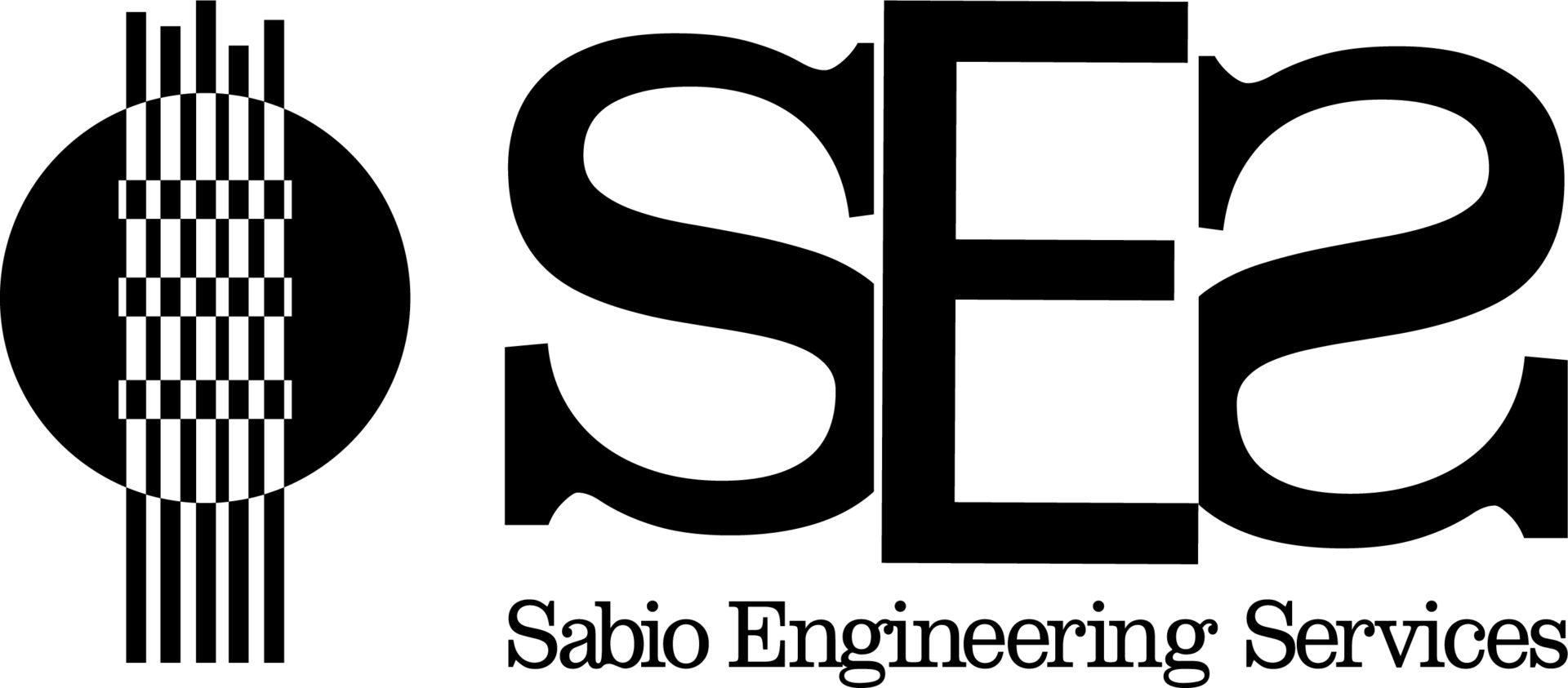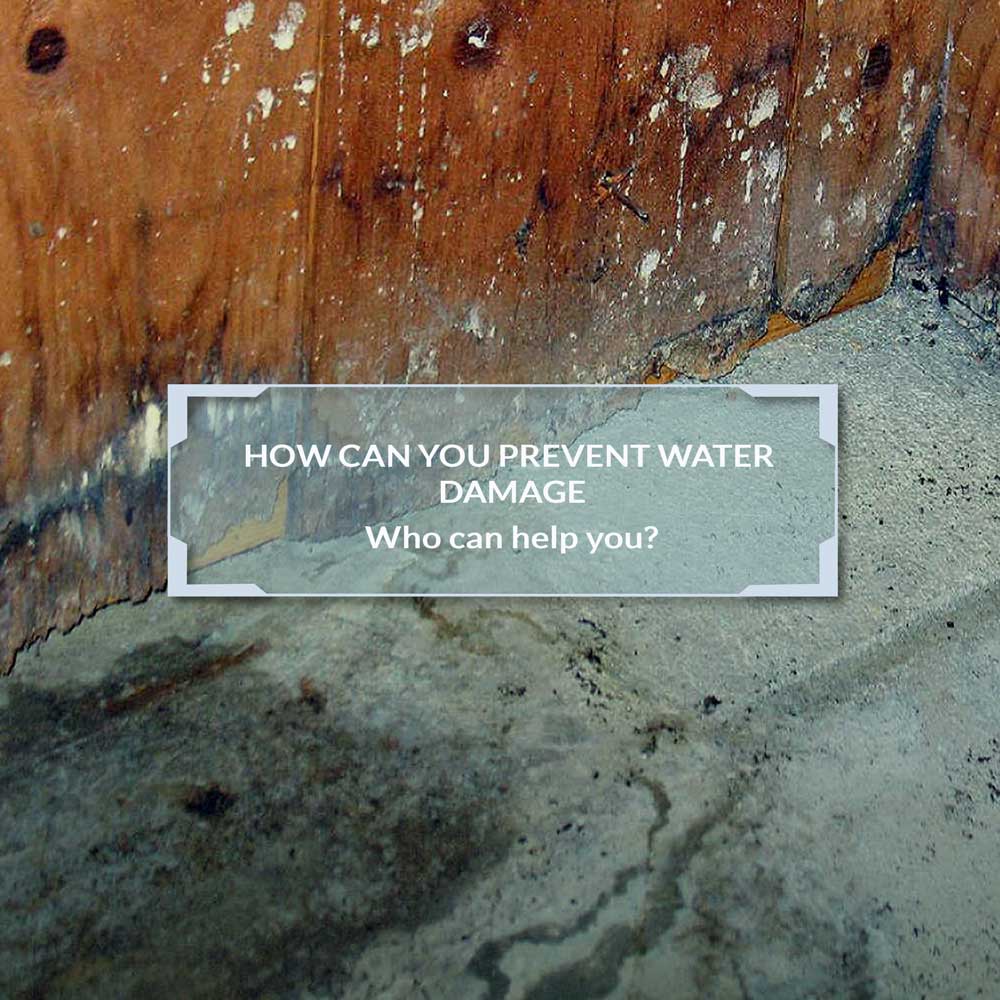When you think of concrete you may think of an indestructible material. For the most part, that idea is correct. Concrete is one of the strongest construction materials that exists and with proper care it should be highly durable and strong. However, water is the main reason that building foundations are damaged. Water that sits on concrete can have serious harmful effects. Take a sit, in this article we talk about water damage concrete.
Table of Contents
How Does Water Affect Concrete?
Anytime that there is a higher water to cement ratio, it will decrease the strength and durability of the concrete. Water can breakdown the materials that concrete is made of. Create mold and bacteria in the concrete, and cause concrete foundations to move and shift. All of these result in cracks in the concrete. Eventually damage to the concrete foundation of the home if not taken care of promptly.
Acidic substances:
Rainwater that gathers around the foundation of a home is acidic. Acidic substances like rain makes the aggregates in cement disintegrate and turn into sand and rock. Standing rainwater can enter the concrete foundation and break it down. This will make the foundation shift and become unsettled.
Temperature changes:
High moisture levels mixed with high temperatures facilitate the growth of mold and other bacteria. Mold uses the particles trapped in the concrete to grow. Mold releases acids that break down the materials that the building is made of. This affects the concretes strength and durability over time.
Standing water that freezes and then thaws also negatively impacts concrete. Frozen water expands and causes the foundation of a building to swell. When it thaws, everything comes back to normal. That freeze-thaw cycle puts a lot of stress on the concrete foundation of the building and will result in cracks in the walls and ceiling of the building.
Hydrostatic pressure:
Any source of running water such as rain or a leak in plumbing lines will cause pressure on the foundation of a home called hydrostatic pressure. That pressure will cause the foundation walls to crack and bend. Expansive soils such as clay are one of the reasons for this pressure. These soils expand against the foundation when they are wet and then shrink back when dry. This cycle results in a lot of damage to the concrete foundation overtime because it makes the foundation shift back and forth. Also, water never gathers evenly so the pressure is almost always in random places. Some parts of the home will be more strained than other parts, and that results in horizontal cracks on the concrete foundation of the home.
Rainwater or any type of moving water around the concrete foundation can also push the soil that supports the foundation of the home out of place. This results in settling of the building which can lead to sinking concrete slabs and cracks in the concrete.
How Can You Prevent Water Damage?
Preventing water damage is important to any homeowner. Proper maintenance of your home will ensure that your concrete foundation lasts longer and remains strong. There are many reasons for why water can accumulate and negatively impact concrete. But, there are also many solutions to these problems:
- Plumbing leaks can cause water to accumulate in parts of the home that you may not notice until its too late. Resolving any plumbing issues right away is essential in making sure that your concrete foundation remains safe from water.
- Adding a properly working French drain around the foundation perimeter will help lead all water away from your concrete foundation. Installing a sump pump is another way to ensure that water is automatically pumped far from the building. Frequently checking that these systems are working the way they should is also important so that the systems themselves do not accumulate water and cause damage to your home.
- Checking the gutters of your home frequently to make sure that nothing is clogged and that rainwater is released far away from the home is another way to keep your homes foundation safe from water damage.
- Landscaping your home and making sure that water flows away from the foundation is also important. Using dense soil such that will carry rainwater away from the home rather than absorb it will also help protect your concrete foundation from any water source in the external part of your home.
- Sealing up the crawlspace can also help to lock out moisture and water.
How Can You Tell If You Have Water Damage?
There are certain signs that can help you determine if your home is suffering from water damage. If you do suspect that there is water damage, resolve the issue immediately to ensure the structural integrity of your home.
- Cracks in the concrete. Water damage is not the only reason why there may be cracks in your concrete, but you should inspect your home for this just in case.
- Uneven concrete slabs or holes in the concrete.
- Musty odors coming from the basement. This may be a sign of mold growing within any cracks in your foundation and it should be resolved immediately. Not only does mold break down the materials that make up your home, but it also can result in serious health issues for you and your family.
- Doors and windows that are not closing properly are a sign of shifts in the foundation walls of your home that may be caused by water damage.
- Discoloration of your walls, carpets, or wallpapers. Discoloration can mean that there is mold or excess humidity in your walls.
- Leaning walls. This happens due to a compromised foundation.
- A home that looks like its sinking may be caused by running water underneath the foundation pushing the supporting soil away.
Do you suspect that your homes foundation may have water damage? The Sabio Engineering team has experts who are qualified to detect any damage to foundation and are equipped to help you handle them. Contact us today and let us help answer any question that you may have.
Do you need some help, we are here to help you, just call us (929)-381-0030.
Sabio engineering Services.


